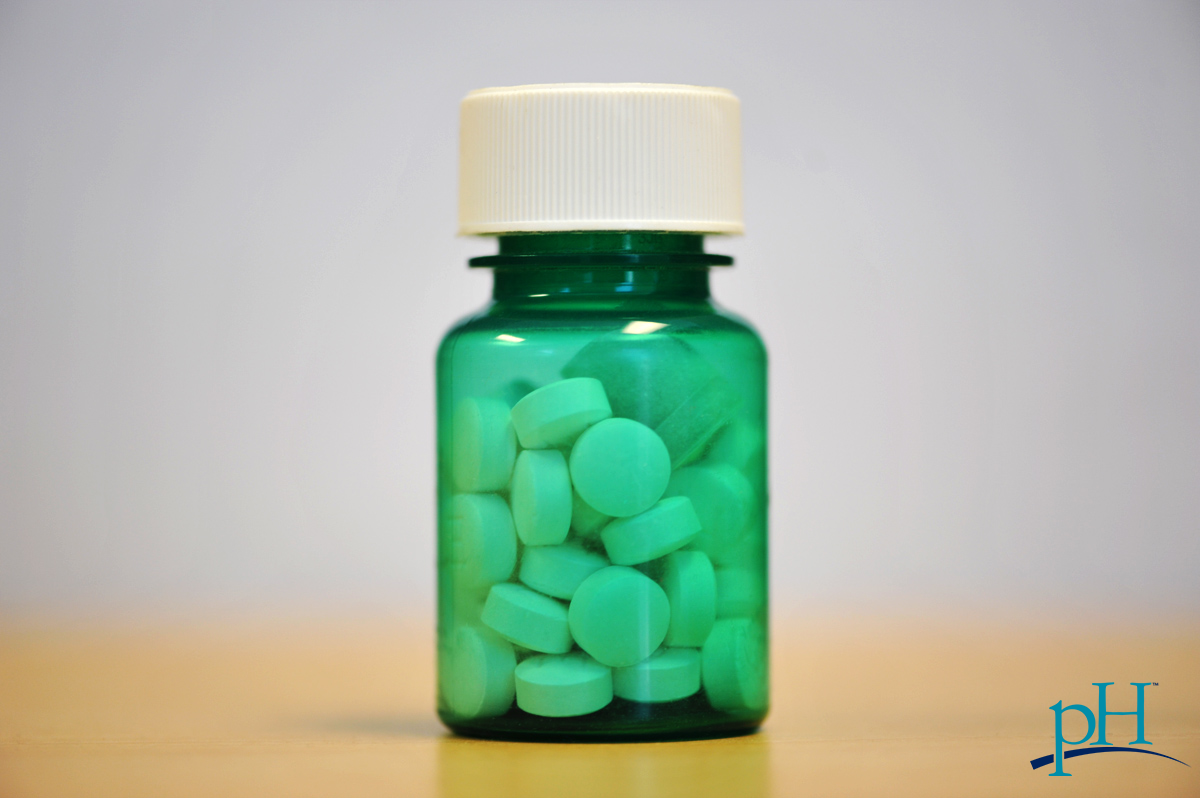Be proactive: An aspirin a day can keep cancer away — but know the risks
11 years ago | Aspirin
By pH health care professionals
Daily aspirin use has long been touted to prevent heart attacks, and now new research shows that aspirin may also be helpful in cancer prevention. But daily aspirin therapy might not be for everyone.
What exactly is aspirin? What is in it?
Aspirin is a drug that contains the active ingredient acetyl salicylic acid, which is a man-made version of a naturally occurring plant product, salicin.
Salicin comes from the willow tree. Willow bark has been used for centuries in China and Europe, and continues to be used today for the treatment of pain (particularly low back pain and osteoarthritis), headache, and inflammatory conditions such as bursitis and tendinitis. Willow appears to bring pain relief more slowly than aspirin, but its effects may last longer.
How credible are these new claims regarding cancer benefits?
According to a new study published in Annals of Oncology, "if everyone aged between 50 and 65 started taking aspirin daily for at least 10 years, there would be a 9% reduction in the number of cancers, strokes, and heart attacks overall in men, and around 7% in women."
Researchers also went on to say that the total number of deaths from any cause would also be lowered with daily aspirin use, by about 4% over 20 years. However, “the benefits of aspirin use would be most visible in the reduction in deaths due to cancer," they said.
In another study published August 2012 in the Journal of the National Cancer Institute, researchers found daily aspirin use was associated with an estimated 16% lower overall risk for dying of cancer, both among people who reported taking aspirin daily for at least 5 years, and among those who reported shorter-term daily use. The drop in cancer death rates was largely from the 40% decrease in gastrointestinal cancers (esophageal, stomach and colorectal).
And yet another study, this one published in the journal Clinical Gastroenterology, shows the benefit specifically in preventing colorectal cancer. In a pooled analysis, daily aspirin use at any dose reduced the risk for this cancer by 24%, and of death by this cancer by 35%.
But some questions still remain about if the possible benefits of daily aspirin use outweigh the risks.
What are the risks of taking aspirin?
Although daily aspirin therapy may lower your risk of cancer, it isn't for everyone. Certain health conditions may increase your risk for complications, such as a bleeding or clotting disorder, an aspirin allergy or bleeding stomach ulcers.
Even low-dose aspirin can substantially increase your risk of serious gastrointestinal bleeding. Other side effects may include bleeding in the brain, kidney failure and some kinds of strokes.
Side effects and complications of taking aspirin can include:
- Stroke caused by a burst blood vessel. While daily aspirin can help prevent a clot-related stroke, it may increase your risk of a bleeding stroke (hemorrhagic stroke).
- Allergic reaction. If you're allergic to aspirin, taking any amount of aspirin can trigger a serious allergic reaction.
- Ringing in the ears (tinnitus) and hearing loss. Too much aspirin (overdosing) can cause tinnitus and eventual hearing loss in some people.
The Food and Drug Administration also warns that people who regularly take aspirin should limit the amount of alcohol they drink because of its additional blood-thinning effects and potential to upset your stomach.
What are some of the possible drug interactions with daily aspirin therapy?
If you're already taking medication for another condition or herbal supplements, combining it with aspirin may greatly increase your risk of major bleeding complications.
Medications that may interact with aspirin include:
- Anticoagulants, such as warfarin (Coumadin, Jantoven), dabigatran (Pradaxa) or rivaroxaban (Xarelto)
- Heparin
- Ibuprofen (Advil, Motrin, others) when taken regularly
- Corticosteroids
- Some antidepressants (Clomipramine, Paroxetine, others)
Dietary supplements that may interact with aspirin include:
- Danshen
- Dong quai
- Evening primrose oil
- Ginkgo
- Omega-3 fatty acids (fish oil)
- Policosanol
- Willow bark
What about coated aspirin? Is this safer to take?
Enteric-coated aspirin is gentler on the stomach and may be appropriate for some people who take a daily aspirin, especially in those with a history of gastritis or ulcers. However, some researchers think there's no evidence that taking an enteric-coated aspirin decreases your chance of developing gastrointestinal bleeding. Talk to your doctor if you're concerned about ways to decrease your bleeding risk.
Remember: Decisions about aspirin use should be made by balancing the risks against the benefits in the context of your medical history, and any decision should be made only in consultation with a qualified health care professional.
Enjoy Your Healthy Life!
The pH professional health care team includes recognized experts from a variety of health care and related disciplines, including physicians, attorneys, nutritionists, nurses and certified fitness instructors. This team also includes the members of the pH Medical Advisory Board, which constantly monitors all pH programs, products and services. To learn more about the pH Medical Advisory Board, click here.







